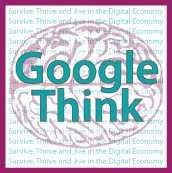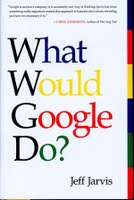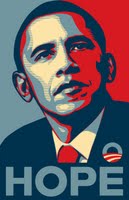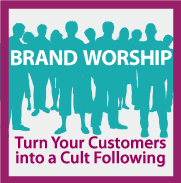Google Think: How to Survive, Thrive and Jive in the Digital Economy
 Google Think: How to Survive, Thrive and Jive in the Digital Economy
Google Think: How to Survive, Thrive and Jive in the Digital EconomyThe Latest Book Rapper issue 'Google Think' is now available at our website: www.BookRapper.com
The Book
Jeff Jarvis, What Would Google Do?
Speed RAP
A number of traditional industries are struggling to survive the digital economy - newspapers, real estate agents, advertisers, PR, department stores...
Google is one of the most profitable businesses on the planet. They’re not only thriving, they’re jiving!
Jeff Jarvis uses Google and friends as a case study to speculate on how other drowning industries may reinvent themselves.
At a minimum, it’ll take a change in thinking to survive.
 The Big Idea
The Big Idea Google is successful because it thinks about the world differently.
They think in tune with the current digital environment.
Don’t try to copy their actions. Instead model their thinking.
Google Think!
Your Challenge
Google-ize yourself and your organization.
Redefine what business you’re in and create an elegant design for fulfilling your outcome.
Get your copy of 'Google Think' now.
Labels: Book Rapper issue, digital economy, Google, Jeff Jarvis, What Would Google Do?, WWGD




